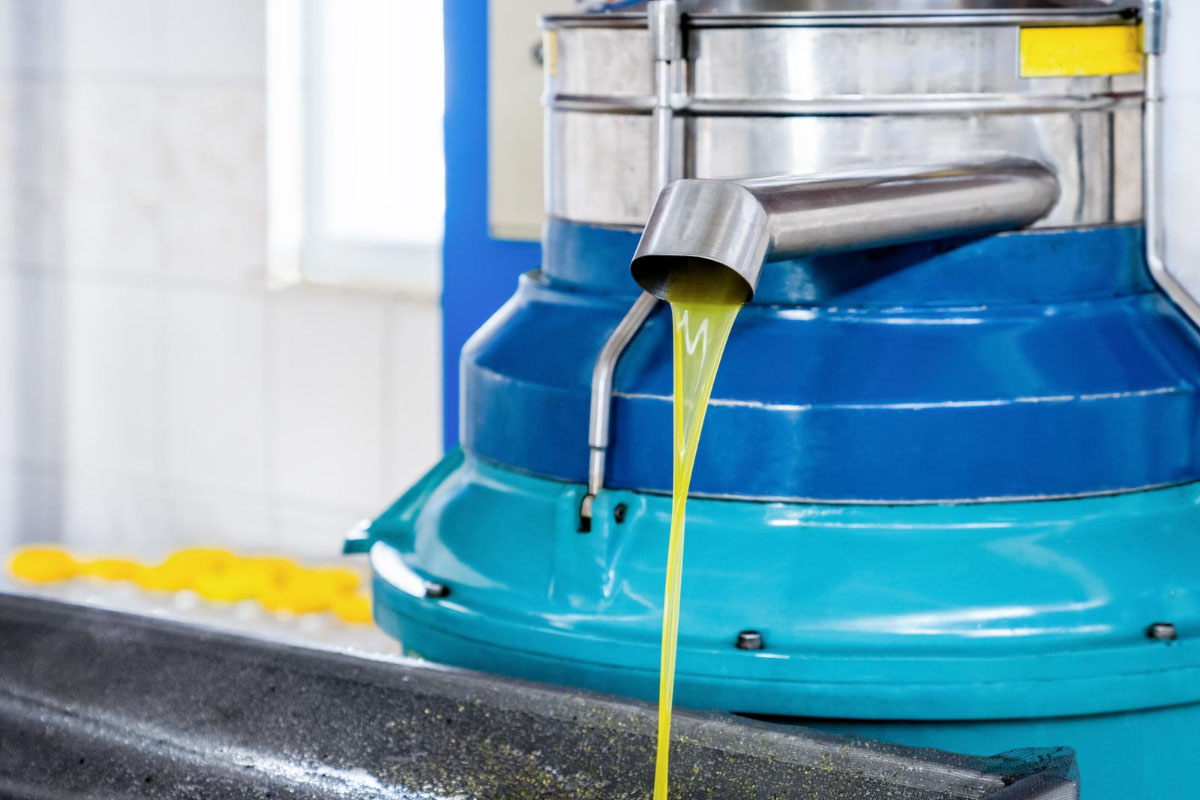Understanding the Importance of a Diesel Exhaust Fluid Plant
Setting up a diesel exhaust fluid plant is a strategic move for businesses involved in the automotive and industrial sectors. Diesel Exhaust Fluid (DEF) is a vital component in reducing emissions from diesel engines, helping companies comply with environmental regulations while maintaining engine efficiency.
A properly designed diesel exhaust fluid plant ensures a steady supply of high-quality DEF, reducing dependency on external suppliers. By producing DEF in-house, businesses can lower costs, improve operational control, and ensure product consistency. With the right equipment, such as a diesel exhaust fluid making machine, companies can optimize production and maximize profitability.
Choosing the Right Location for Your Diesel Exhaust Fluid Plant
The location of a diesel exhaust fluid plant plays a crucial role in its success. Proximity to raw material suppliers, transportation hubs, and target markets significantly impacts logistics efficiency. Choosing a site with easy access to high-purity urea and deionized water will streamline production and reduce costs.
Additionally, businesses should consider zoning laws, environmental regulations, and utility availability when selecting a location. A well-placed diesel exhaust fluid plant minimizes operational challenges and enhances efficiency. Investing in a strategic site ensures smooth supply chain operations and supports long-term business growth.

Selecting the Best Diesel Exhaust Fluid Making Machine
The core of any diesel exhaust fluid plant is a reliable diesel exhaust fluid making machine. This machine is responsible for accurately mixing urea and deionized water to produce high-quality DEF. Choosing the right machine is essential for maintaining production efficiency and meeting ISO 22241 standards.
Key factors to consider when selecting a diesel exhaust fluid making machine include automation levels, production capacity, filtration systems, and compliance with industry regulations. An advanced machine with automated controls ensures precise mixing, reducing the risk of contamination and inconsistencies in DEF quality.
Setting Up the Production Process for Maximum Efficiency
Once the diesel exhaust fluid plant is established, designing an efficient production workflow is essential. The process begins with raw material storage, followed by mixing, filtration, and quality testing. Each stage must be optimized to minimize waste and maximize output.
Integrating automation into the production process using a high-quality diesel exhaust fluid making machine improves efficiency and reduces human errors. Automated monitoring systems track production parameters in real time, ensuring that DEF meets the required specifications. Proper workflow planning also enhances energy efficiency and reduces operational costs.
Ensuring Compliance with Environmental and Industry Regulations
Regulatory compliance is a key consideration when setting up a diesel exhaust fluid plant. DEF production must adhere to strict industry standards, such as ISO 22241, which dictate quality requirements and storage guidelines. Failure to comply with these regulations can result in penalties and damage to business credibility.
Businesses should invest in quality control measures and conduct regular testing to verify DEF purity. Using a certified diesel exhaust fluid making machine ensures that the final product meets regulatory standards. Implementing proper storage and handling protocols further guarantees compliance and long-term product stability.

Managing Costs and Optimizing Production Efficiency
Cost management is essential for the profitability of a diesel exhaust fluid plant. Reducing expenses without compromising product quality requires careful planning. One of the most effective ways to cut costs is by selecting an energy-efficient diesel exhaust fluid making machine, which minimizes electricity and water consumption.
Bulk purchasing of raw materials, automation of key processes, and regular maintenance of equipment help optimize operational expenses. Conducting periodic cost analyses allows businesses to identify inefficiencies and implement cost-saving measures. A well-managed plant enhances profitability while maintaining high production standards.
Conclusion
Establishing a successful diesel exhaust fluid plant requires careful planning, strategic location selection, and investment in high-quality equipment like a diesel exhaust fluid making machine. Ensuring regulatory compliance, optimizing production processes, and managing costs effectively contribute to long-term business success. With the right approach, companies can create a sustainable and profitable DEF production operation.
Frequently Asked Questions
- What is a diesel exhaust fluid plant?
- A diesel exhaust fluid plant is a facility that produces DEF, a solution used to reduce emissions in diesel engines.
- Why is it important to set up a diesel exhaust fluid plant?
- Having a diesel exhaust fluid plant ensures a consistent DEF supply, lowers costs, and helps businesses comply with emission regulations.
- What equipment is needed for a diesel exhaust fluid plant?
- The primary equipment includes a diesel exhaust fluid making machine, storage tanks, filtration systems, and quality testing tools.
- How do I choose the right diesel exhaust fluid making machine?
- Consider factors such as automation level, production capacity, energy efficiency, and compliance with industry standards.
- What are the regulatory requirements for a diesel exhaust fluid plant?
- A diesel exhaust fluid plant must comply with ISO 22241 standards and local environmental regulations.
- How can I reduce operational costs in my diesel exhaust fluid plant?
- Optimize energy efficiency, automate production processes, buy raw materials in bulk, and conduct regular maintenance on equipment.
- What are the key challenges in setting up a diesel exhaust fluid plant?
- Challenges include regulatory compliance, securing a reliable raw material supply, managing production costs, and maintaining product quality.
- Can I expand my diesel exhaust fluid plant in the future?
- Yes, by investing in additional diesel exhaust fluid making machine units and scaling up production capacity.
- How do I market my diesel exhaust fluid plant?
- Develop partnerships with fleet operators, use digital marketing, and highlight regulatory compliance and product quality.
- What is the expected return on investment for a diesel exhaust fluid plant?
- The return on investment depends on production scale, market demand, and operational efficiency, but most businesses see profitability within a few years.

